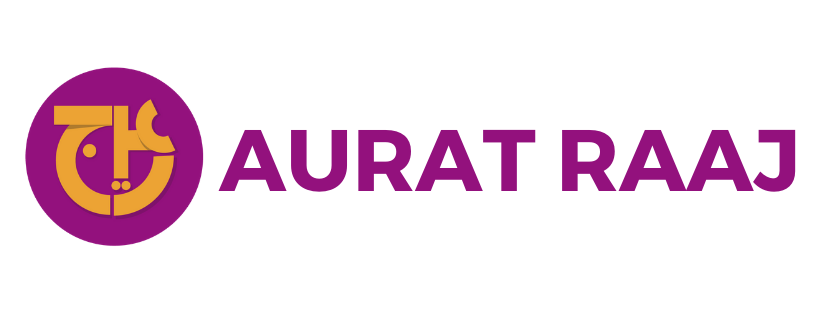Will traditional non-profits let tech into their programs?

Today I happened to have one of my most difficult meetings. Convincing any one from the traditional non-profit sector (especially leaders past the age of 50) in Pakistan especially those who have worked for decades with rural communities and urban slums that technology could assist their jobs and make it easier for them to reach their beneficiaries in a more efficient, engaging or scalable way is really tough. Very few are excited about the potential to test or pilot something new but majority feel very uneasy.
One thing I've realized this week is that you can't win every time with every person. And many times, their feedback is absolutely spot-on! What works with one community or user set, may not work at all with another. Some users will be early adopters when it comes to tech while others will be laggards.
Just like myths around menstrual hygiene, there are even more myths and confusions many non-profits have about using tech for social good.
MYTH 1: AI will replace my health workers/teachers/ doctors or my NGO team

Well, at least not yet 😜! Digital tools and apps when used correctly can enhance the work of your team, build on to your educational efforts and help you measure your impact in a more effective and efficient way. When we hold our workshops, we first physically create a safe space for girls to be comfortable. We do bonding exercises to open up. Then a teacher, an expert or sometimes my team members uses the bot to aid her conversation on these taboos in a classroom.
MYTH 2: Girls in Pakistan either have no access to tech, don't know how to use apps and will not have their own phones

True in some cases but not all. We had 20 girls from Orangi visit us yesterday to test the bot and many of them had access to their own phones. Not all apps will be used privately (only in homes), sometimes these tools can be utilized within schools granted the schools are open to technology interventions. Maybe they all won't have phones now, but in a few years they will. We have to prepare and work towards building a future where their first interaction about these topics is not incorrect or scary.
MYTH 3: We don't need AI or blockchain or VR, we know how to collect data in person, measure impact and make our programs better with time.

But the problem is the speed at which a human can learn from errors, problems, cannot match that of an AI. We've learnt that a failed conversation is the best teacher for a chatbot. The more data you have, the more you can use it train your system for a quicker, relevant response every time.
MYTH 4: Tech interventions are expensive, temporary and unrealistic

Once the initial capital for the product is invested, then tech intervention are more sustainable and can run realistically longer than some of the impactful real-life work. For instance, a health worker can take over a conversation from our chatbot and provide expert advice and empathy while she is sitting at home with her children. However, going outside and putting her life at risk in some of the most dangerous areas to physically knock doors and talk about sexual health might not be accepted and take her time away from her responsibility. It is also far more expensive to continue doing this long-term.
MYTH 5: Apps are not the solution
You are partly right - dealing with health or education issues in developing countries is not easy and many topics are multilayered and complex and hard to unpack with one solution. But all of us have to work together to create a better future.
And I honestly believe that traditional non-profits are standing before a serious disruption because tech for social good is "here for good". Let's create a space where we welcome social entrepreneurs and don't see them as a threat but as a positive force for social good.
In all of our pilots, we found that creating a physical safe space but also an online one is important.
Here are some beautiful shots of the girls who had a fabulous time doing an Aurat Raaj confidence building workshop and testing our chatbot Raaji. This pilot could not have been made possible without Zakir Bhai who is a wonderful coach and believer in women's empowerment, education and entertainment.






